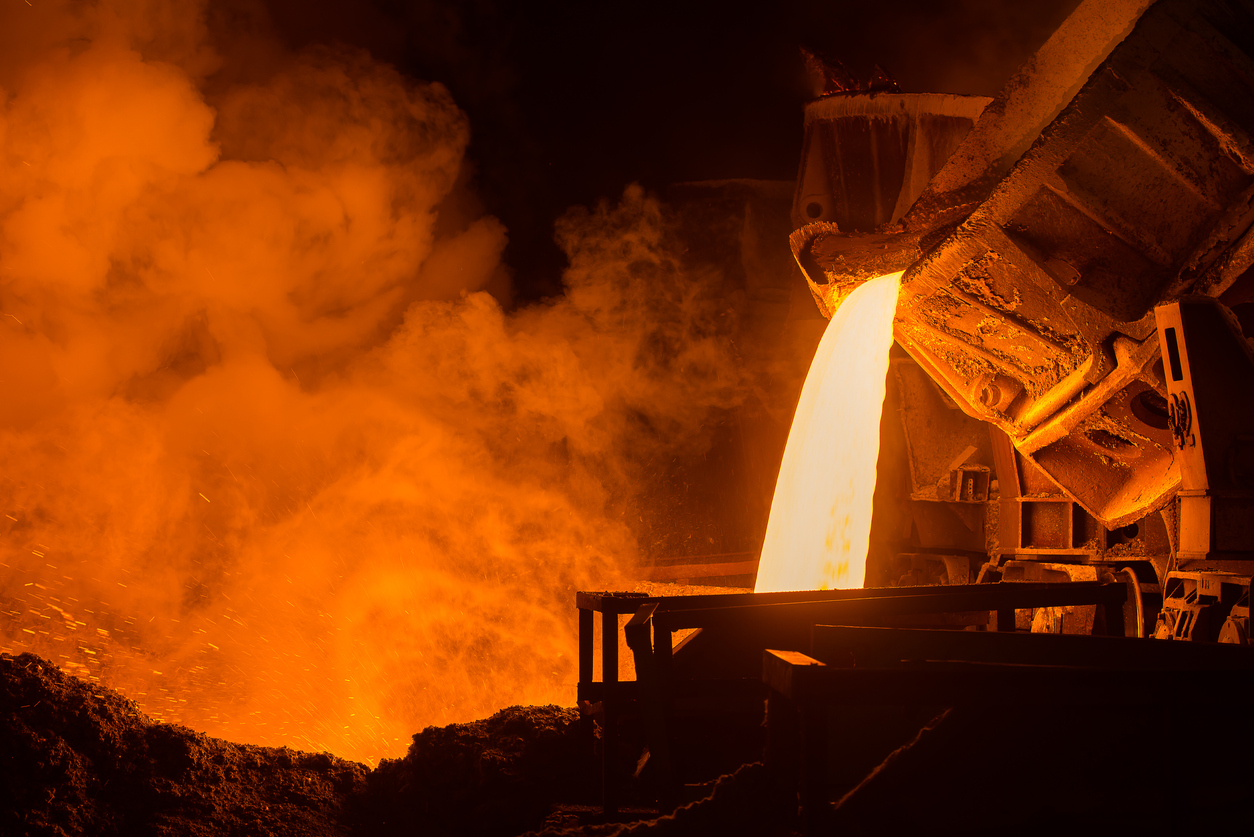
The European anti-fraud office, or OLAF, is concerned with investigating potentially fraudulent activities and origin investigations. Governed by EU regulations, more specifically Regulation 883/2013, OLAF plays an important role in how the EU functions.
This summer, the European Commission is reviewing the content of this regulation and invited the public to ‘have their say’. On 24 June 2024 EURANIMI responded to the EC’s open call for feedback with a proposal for revisions to address the regulation’s shortcomings.
What is Regulation 883/2013?
Regulation No 883/2013 is designed to establish the objectives and tasks of the European Anti-Fraud Office (OLAF) and to provide a framework for conducting administrative investigations to fight fraud, corruption, and other illegal activities that affect the financial interests of the European Union. The regulation aims to ensure the protection of the financial interests of the EU and promote compliance with procedural guarantees during OLAF investigations.
Since the Regulation came into force, both the General Court (GC) and the Court of Justice of the European Union (ECJ) have heard numerous cases concerning the shortcomings of OLAF, including a case affecting EURANIMI and its members. Issues raised in some of these cases include the clarity of procedural safeguards, the right to be heard, and the transparency of the investigation process.
Potential for Criminal Prosecution
With OLAF investigations potentially leading to criminal proceedings in EU Member States, these shortcomings come with far-reaching implications for those under investigation. Information collected by OLAF during its investigations can be used as evidence in criminal proceedings and potential prosecution for:
- Prosecution for fraud: OLAF investigates cases of fraud that affect the financial interests of the European Union. If evidence of fraud is found, individuals or entities involved may face criminal charges related to fraudulent activities.
- Prosecution for corruption: OLAF also investigates cases of corruption that impact the financial interests of the EU. If corruption is uncovered during an investigation, individuals involved may face criminal charges related to bribery, embezzlement, or other corrupt practices.
- Prosecution for other illegal activities: OLAF’s investigations extend to any other illegal activities that affect the financial interests of the EU. This can include offenses such as money laundering, tax evasion, or organised crime activities.
Despite these far-reaching implications, OLAF does not distinguish between intentional fraud or accidental fraud, handing over their findings to national authorities who may then decide to press criminal charges. A process that has caused many an importer to suffer sleepless nights. As such, the EC’s open call for feedback was warmly welcomed by EURANIMI and its members.
How can Regulation 883/2013 be improved?
We do not argue the importance of fighting fraud, corruption, and other illegal activities. However, we believe that comprehensive procedural guarantees and ensuring OLAF’s compliance with these guarantees whilst conducting investigations is crucially important. Procedural rights are, after all, enshrined in EU law through the Charter of Fundamental Rights of the European Union. This includes the right to good administration, the right to be heard, the right of a person to access their file, and the administration’s obligation to give reasons for its decisions.
To this end, EURANIMI has submitted a memorandum to call upon the EC to prioritise revising Regulation 883/2013 to reinforce the protection of EU-based importers and procedural rights during OLAF investigations by:
- Ensuring the right to appeal OLAF’s final investigation report in the EU courts: Introduce the possibility of an action of annulment directly against an OLAF final investigation report, providing an effective remedy for individuals affected by unlawful investigative acts.
- Protecting EU-based importers: Publish a notice initiating a customs fraud investigation in the Official Journal of the European Union, allowing EU importers to be aware of ongoing investigations and take proactive measures to limit financial liabilities on future imports.
- Ensuring the right to access information during the investigation: Explicitly state that persons concerned can request access to the entirety of their file, not just limited to interview records or past statements. Streamline administrative procedures to process access requests within a reasonable time.
- Ensuring the right to be heard before the investigation is completed and OLAF’s final investigative report is issued: Require OLAF to publish a preliminary investigation report before the investigation is completed, allowing persons concerned to comment on the report within a reasonable timeframe.
- Ensuring the right for affected parties to comment on OLAF’s final investigative report: Explicitly provide the opportunity for persons concerned and affected parties to submit comments on the final investigative report, guaranteeing the right of good administration.
- Strengthening the powers of the Controller of procedural guarantees and improving the complaints mechanism: Grant suspensive effect on the pursuit of the investigation with respect to the person concerned when a complaint is accepted by the Controller as fulfilling the requirements, ensuring administrative efficiency and further protecting procedural rights.
What is EURANIMI’s role in this?
Some twenty of our members were the victim of one of these OLAF investigations. Importers were left with no other recourse than to have a national court refer a prejudicial question to the Court of Justice of the EU¹ for a preliminary ruling.
Although the Court ruled largely in favour of the importers on 21.09.2023 – calling OLAF’s findings a ‘manifest error of assessment’’ – the matter is still not behind us, with certain Member State customs administrations waging a rearguard action.
Suffice to say that it has been a costly affair for all: a lengthy legal procedure involving lawyers’ fees as well as a considerable amount of management time from importers, EURANIMI as their association, the EC, the ECJ, OLAF, and national customs administrations.
Should the EC choose to accept our proposal for revisions to Regulation 883/2013, much of this pain and heartache may be avoided moving forward. As an association, we have played our part in highlighting the shortcomings of the current regulation as experienced by our members.
We are proposing realistic amendments that will strengthen the legal guarantees that EU importers are entitled to expect and call upon the EC to give them due consideration.
We will be sure to keep you updated on proceedings.
Share our concerns? Believe in our activities? Find out more about becoming a EURANIMI member.
¹ The Court of Justice of the EU consists of two major courts:
The Court of Justice, informally known as European Court of Justice (ECJ), which hears applications from national courts for preliminary rulings, annulment and appeals. It comprises one judge from each EU member country, as well as 11 advocates general.
The General Court, informally known as the European General Court (EGC), is a constituent court of the Court of Justice of the European Union. It hears actions taken against the institutions of the European Union by individuals and member states, although certain matters are reserved for the European Court of Justice.
Related Articles
Case Documents
Please log in as a member to consult all related case documents.



